
Writer

Producer
Kreuzeder was once a successful commissioner, but now he rarely solves a case. After more than 20 years in the service, he just wants to retire as quickly as possible and leave everyday life in the homicide squad in Lower Bavaria behind. Kreuzeder is of the opinion that humanity is coming to an end anyway, so he prefers to get drunk in the tavern and flirt with the waitress Gerda Bichler there instead of going about his work.

Screenplay
Death (in Bavarian: Boandlkramer) is supposed to get little Maxl, but he falls in love with Maxl's mother. Confused by the previously unknown feelings, he confides in the devil. The incarnate persuades him to start a business where the Boandlkramer gets the chance to compete for Gefi as a mortal. Encouraged by the advice of the recently deceased womanizer Max Gumberger, the Boandl stumbles through earthly life in search of eternal love.
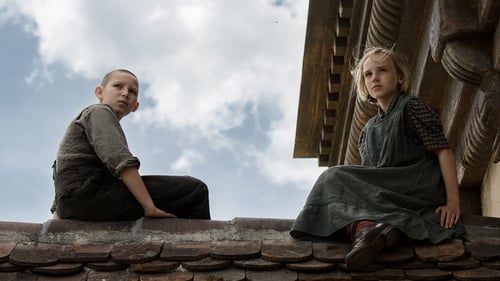
Producer
A Roma boy is placed in a mental hospital and experiences the Nazi euthanasia program. Aware of what was happening and attached to friends, the lad attempts to sabotage the program. The film addresses the complexities of the program director, the lives of the child victims, and the struggles of the child protagonist. More than five thousand children died in the Nazi euthanasia program.

Producer

Writer
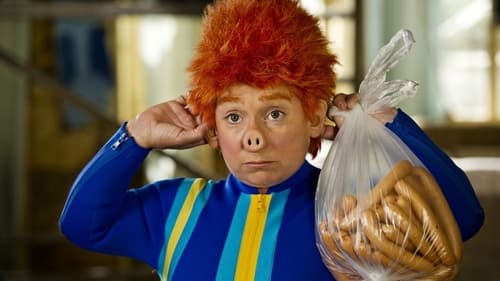
Screenplay
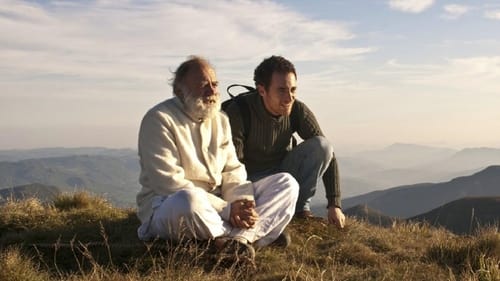
Producer
When an extraordinary man who has lived through all is approaching his end, he decides to call his son to join him for the last time at his home in Tuscany. His intention is to share some valuable conversations about his life as a press correspondent in Southeast Asia, about the political and social changes which he has seen, and about the spiritual transformation he has experienced in recent years. But for him the most important is to show his son how he is preparing for the last great adventure of a lifetime.

Screenplay
When an extraordinary man who has lived through all is approaching his end, he decides to call his son to join him for the last time at his home in Tuscany. His intention is to share some valuable conversations about his life as a press correspondent in Southeast Asia, about the political and social changes which he has seen, and about the spiritual transformation he has experienced in recent years. But for him the most important is to show his son how he is preparing for the last great adventure of a lifetime.

Producer
After Kati, Hanna and Mila first experiences with guys, it is now necessary to cultivate those relations. The jealous Mila thinks that her friend Markus, would cheat on her with Vanessa. Kati, who is actually together with Tobi, finds that Robert, whom she met during a shooting, more than just cool. Only with Hanna everything seems to work perfectly. Branko is a real gentleman and does everything for her musical career - but not entirely unselfishly, as soon turns out. Problems therefore pre-programmed with the girlfriends and their new conquests!

Producer
When a salon refuses to hire her because of her plump figure, irrepressible hair stylist Kathi plots revenge by opening her own beauty parlor next door. But when she faces a cash-flow problem, Kathi resorts to some creative means of raising capital.

Screenplay

Producer
Three teen-aged girlfriends navigate multiple love triangles.
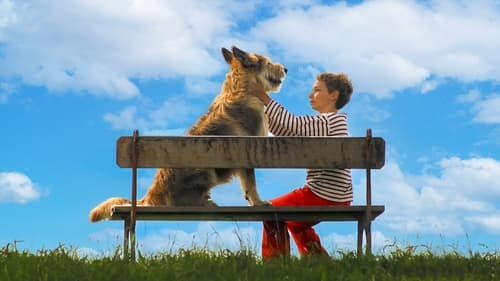
Writer
After his mother’s death, the 12-year-old Max, son of pharmacist Sternheim, wishes for a pet. One day a dog appears in Max’s life. By his power of persuasion he is allowed to keep this dog and names him “Bello”. In the meantime a new tenant, Verena Lichtblau, moves into Sternheim’s house, and Max is not happy. But further Sternheim has got a present, that’s a special mixture. After he has ruined Edgar’s harvest with the mixture, the next accident happened: Bello drinks from the mixture, and so he transforms to a human. With Max’s help, “Mr. Bello” continues a human-life. And Mr. Bello returns Max’s enjoying of life again. But outside of Sternheim’s house Mr. Bello gets in trouble, and there the story begins.

Script
After his mother’s death, the 12-year-old Max, son of pharmacist Sternheim, wishes for a pet. One day a dog appears in Max’s life. By his power of persuasion he is allowed to keep this dog and names him “Bello”. In the meantime a new tenant, Verena Lichtblau, moves into Sternheim’s house, and Max is not happy. But further Sternheim has got a present, that’s a special mixture. After he has ruined Edgar’s harvest with the mixture, the next accident happened: Bello drinks from the mixture, and so he transforms to a human. With Max’s help, “Mr. Bello” continues a human-life. And Mr. Bello returns Max’s enjoying of life again. But outside of Sternheim’s house Mr. Bello gets in trouble, and there the story begins.
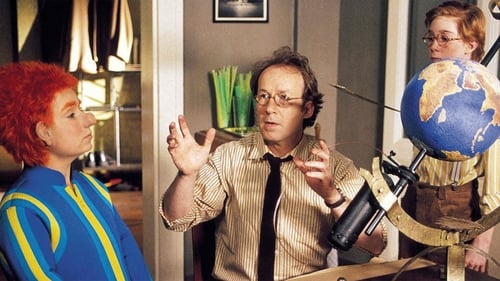
Screenplay
Sams in danger, it is said, when Mr. Taschenbier's son Martin brings the Sams back into the household, which, however, is kidnapped shortly afterwards by the sports teacher because of his special skills.
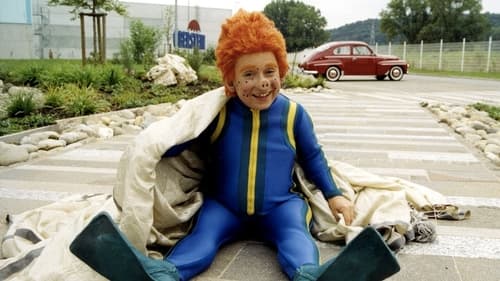
Screenplay
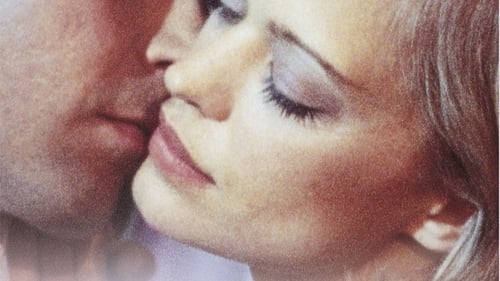
Producer
Kurt and Lydia are planning a relaxed vacation at the Gripsholm castle in Sweden . What Lydia does not know is that for Kurt, a well-known publicist, the journey is actually a flight from encroaching fascism and a direct threat from the Nazis.

Screenplay
Flat-dwelling urban family win a pig in a raffle, and decide to keep it. They lose their flat (no pets allowed) but eventually Rudi the pig makes good.

Screenplay
Schtonk! is a farce of the actual events of 1983, when Germany's Stern magazine published, with great fanfare, 60 volumes of the alleged diaries of Adolf Hitler – which two weeks later turned out to be entirely fake. Fritz Knobel (based on real-life forger Konrad Kujau) supports himself by faking and selling Nazi memorabilia. When Knobel writes and sells a volume of Hitler's (nonexistent) diaries, he thinks it's just another job. When sleazy journalist Hermann Willié learns of the diaries, however, he quickly realizes their potential value... and Knobel is quickly in over his head. As the pressure builds and Knobel is forced to deliver more and more volumes of the fake diaries, he finds himself acting increasingly like the man whose life he is rewriting. The film is a romping and hilarious satire, poking fun not only at the events and characters involved in the hoax (who are only thinly disguised in the film), but at the discomfort Germany has with its difficult past.

Writer












